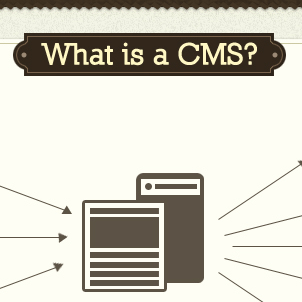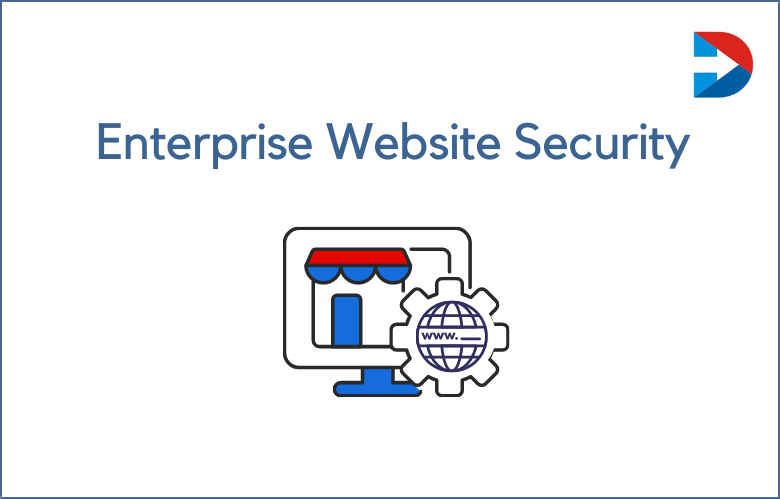When it comes to managing the content of your website, having a reliable and efficient Content Management System (CMS) is crucial. A CMS makes it easier to create, edit, and publish content, ultimately improving your website’s functionality and overall user experience. However, with countless options available in the market, choosing the right CMS can be overwhelming. In this article, we will discuss important factors to consider when selecting a CMS for your website.
Ease of Use
One of the primary factors to consider is the ease of use of the CMS. It should have an intuitive and user-friendly interface, allowing even non-technical users to navigate and manage content effortlessly. The CMS should support easy content editing, formatting, and multimedia integration. Additionally, check if the CMS provides a visual editor, enabling you to preview the changes before publishing.
Scalability and Flexibility
As your website grows, you will need a CMS that can handle increased traffic and content. Consider the scalability and flexibility of the CMS before making a choice. A good CMS should be able to accommodate future expansions and easily integrate with other platforms and tools. It should also have the capability to handle multiple websites or languages if needed.
Customization Options
Every website is unique, and your CMS should offer customization options to match your specific requirements. Look for CMS that provides a variety of themes, templates, and plug-ins to cater to your design preferences and functionality needs. The ability to customize the layout, fonts, colors, and navigation is essential to create a visually appealing and branded website.
Security
Website security is paramount for protecting both your business and your user’s information. Ensure that the CMS you choose has robust security features in place. Look for features such as regular updates, secure login authentication, automatic backups, and spam protection. Read reviews and check if the CMS has a good track record of promptly addressing security vulnerabilities.
SEO-Friendly
Search Engine Optimization (SEO) plays a vital role in improving your website’s visibility on search engines. When selecting a CMS, consider its built-in SEO capabilities. The CMS should allow you to optimize meta tags, URLs, headings, and alt tags easily. Furthermore, it should generate clean and SEO-friendly code that search engines find easy to crawl and index.
Support and Documentation
Technical issues can arise at any time, and having reliable support from the CMS provider is essential. Make sure the CMS offers comprehensive documentation, including user guides, tutorials, and FAQs. The availability of active community forums or official support channels can greatly help in troubleshooting problems and receiving assistance whenever needed.
Cost and Licensing
Cost is a crucial factor when choosing a CMS. Some CMS platforms are open-source and free, while others require licensing fees or subscription plans. Consider your budget and evaluate the value provided by each CMS. Additionally, factor in any additional costs such as hosting, maintenance, and third-party plugin expenses. Understand the licensing terms and the potential for future upgrades or additional charges.
Popular CMS Options
Now that we have discussed the key factors to consider while choosing a CMS, let’s look at some popular options:
WordPress:
WordPress is the most widely used CMS globally, known for its flexibility, user-friendly interface, and extensive range of themes and plugins. It is suitable for small to large-scale websites and offers excellent scalability.
Drupal:
Drupal is a powerful CMS known for its robustness and flexibility. It is suitable for complex websites that require advanced customization options and high-security standards.
Joomla:
Joomla is a middle ground between WordPress and Drupal, offering a balance between ease of use and advanced functionality. It is ideal for small to medium-sized businesses and e-commerce websites.
Magento:
Magento is a popular CMS specifically designed for e-commerce websites. It offers a wide range of features, customization options, and extensive e-commerce capabilities.
Squarespace:
Squarespace is a user-friendly CMS targeted towards beginners and small businesses. It provides a comprehensive suite of tools for website building, hosting, and domain management.
Conclusion
Choosing the right CMS for your website is a critical decision that can significantly impact your online presence and success. Evaluate your specific needs, and consider factors such as ease of use, scalability, customization options, security, SEO-friendliness, support, and cost. By thoroughly assessing these criteria and exploring popular CMS options, you can make an informed choice that best suits your website goals and requirements.


